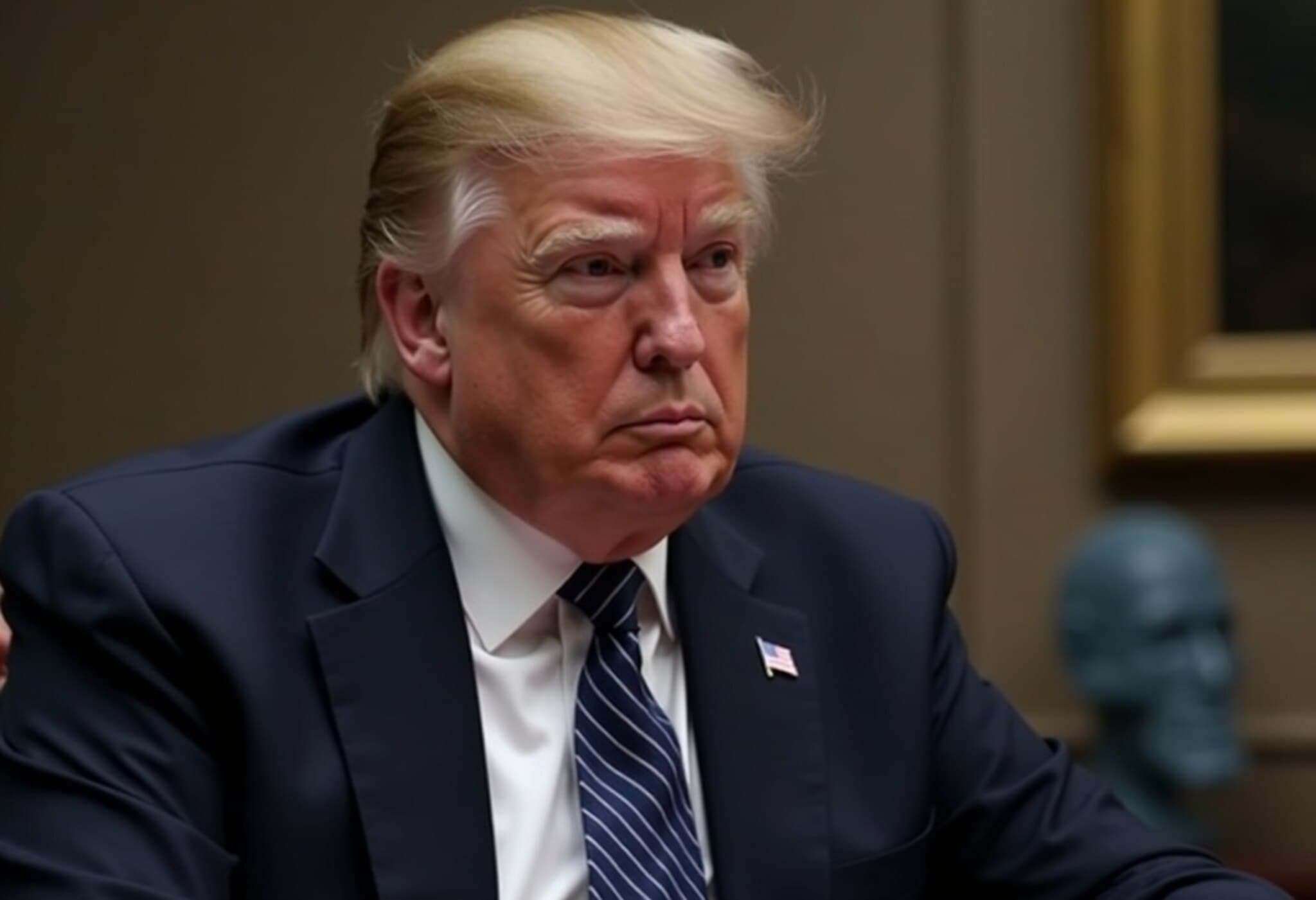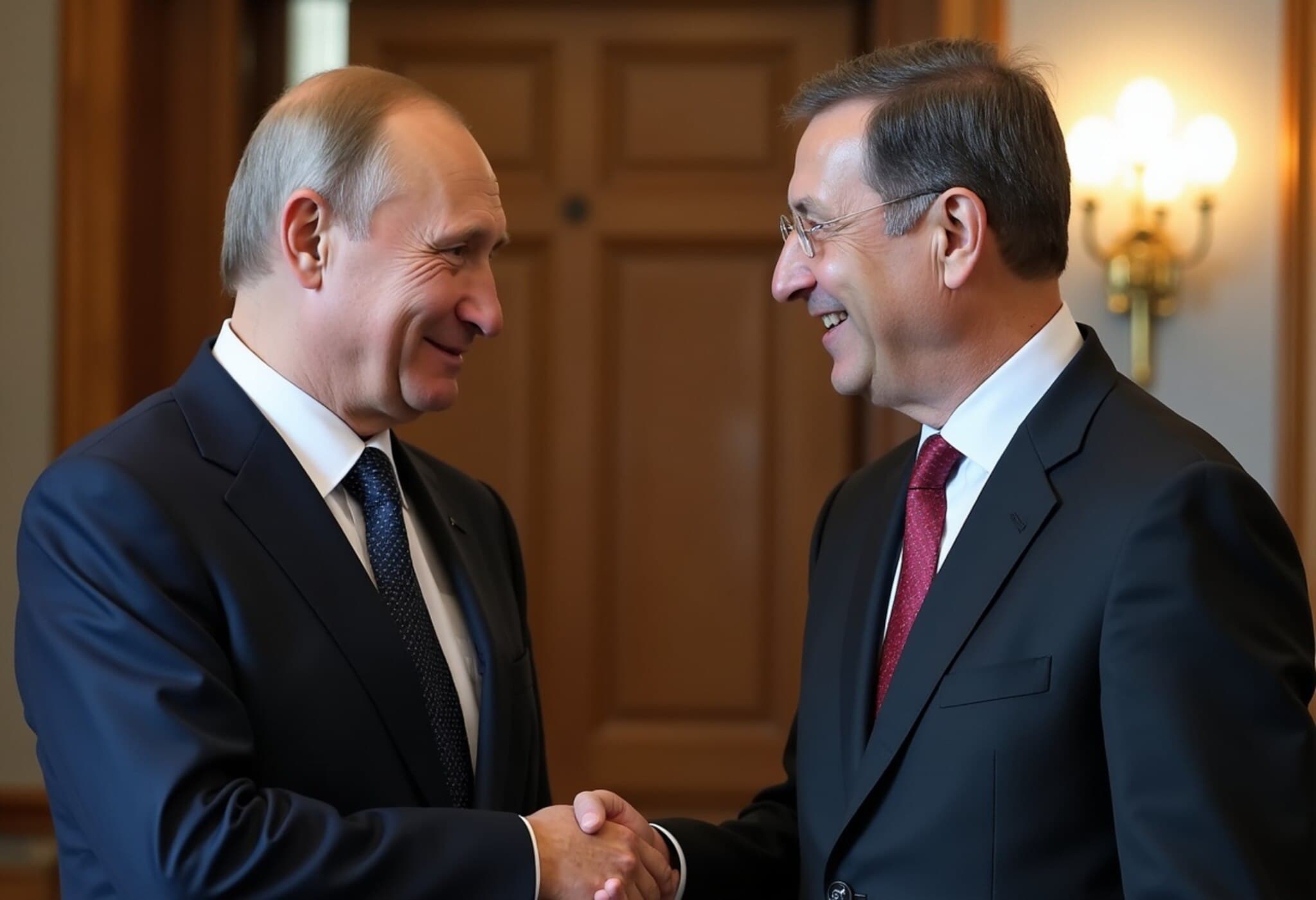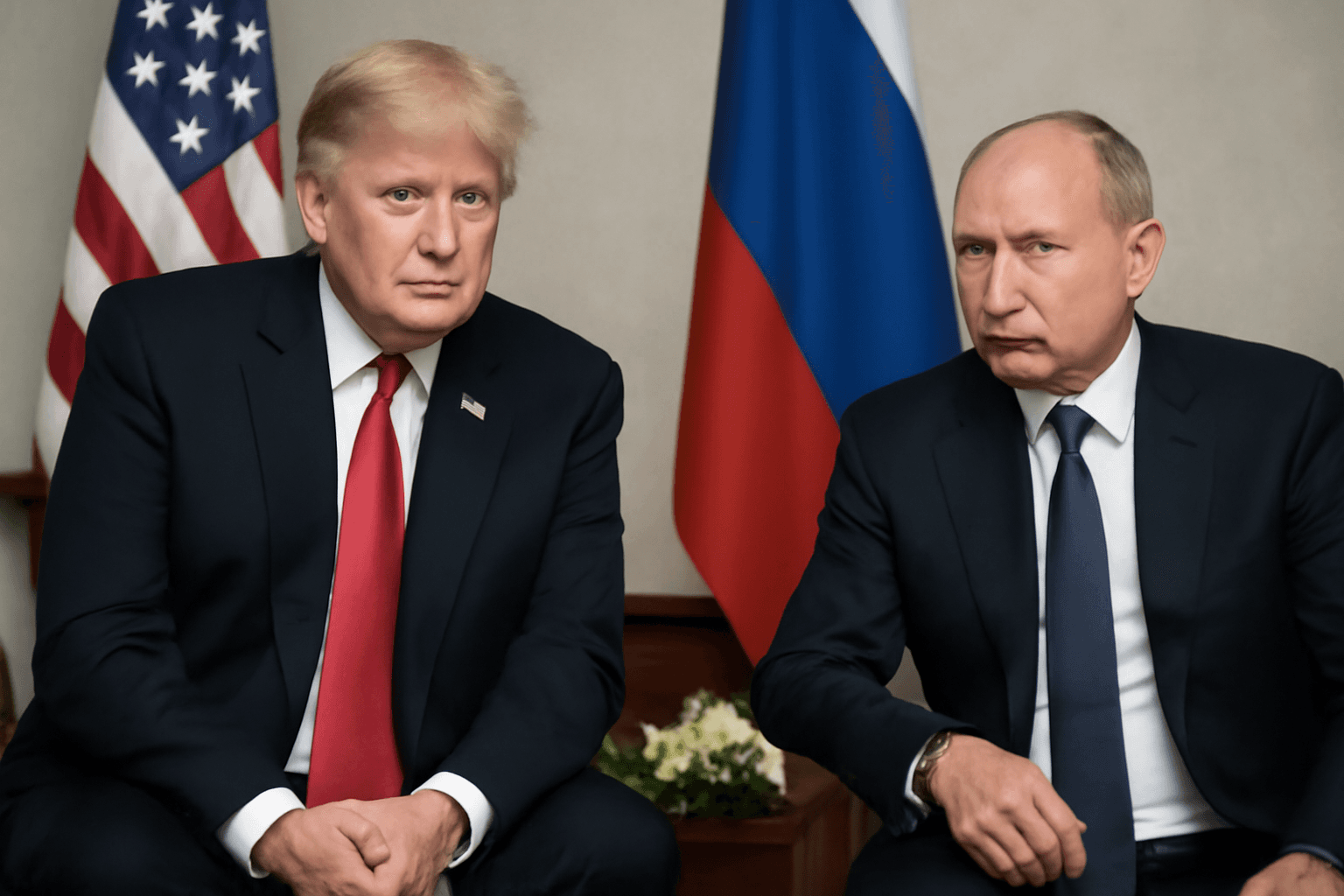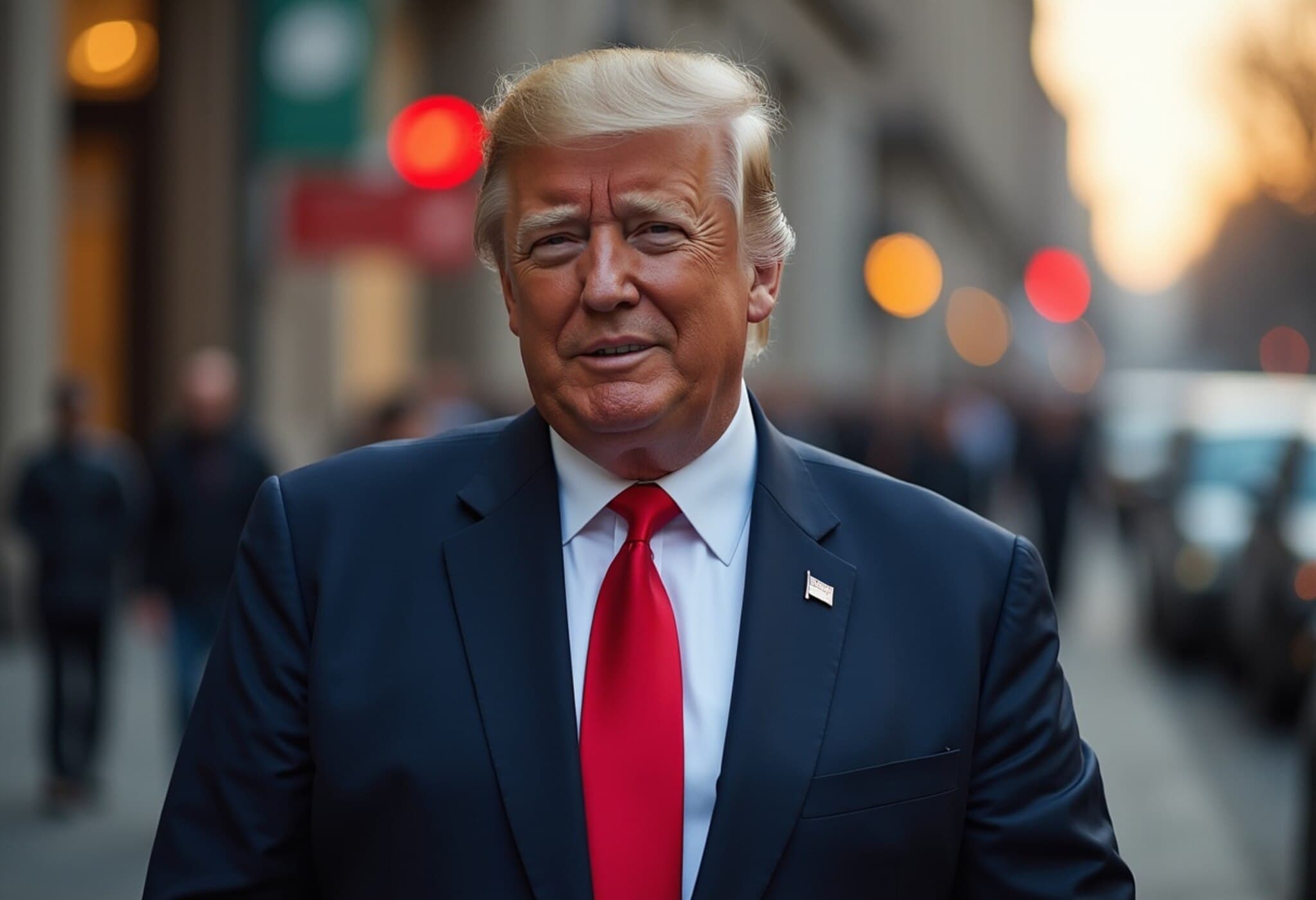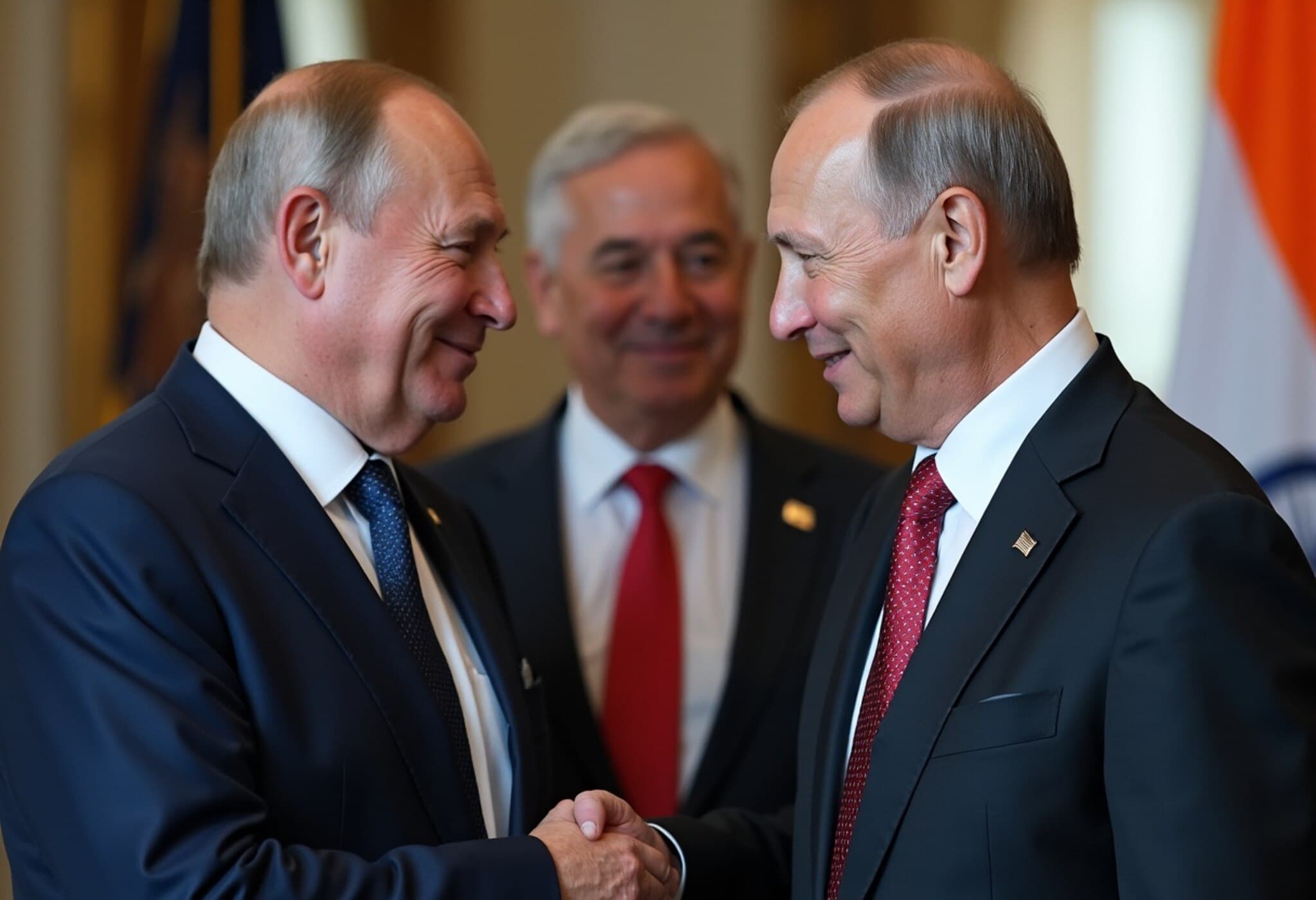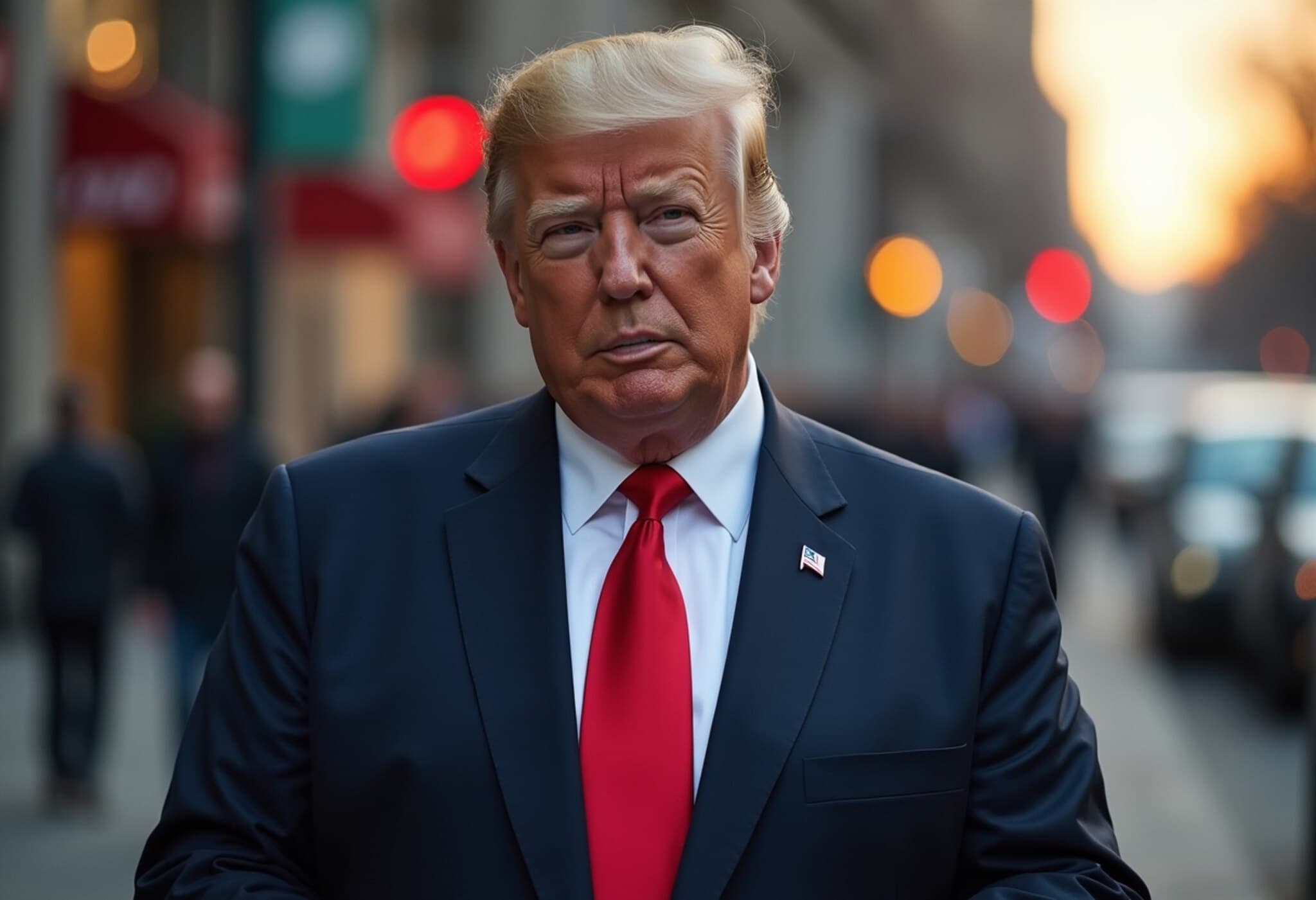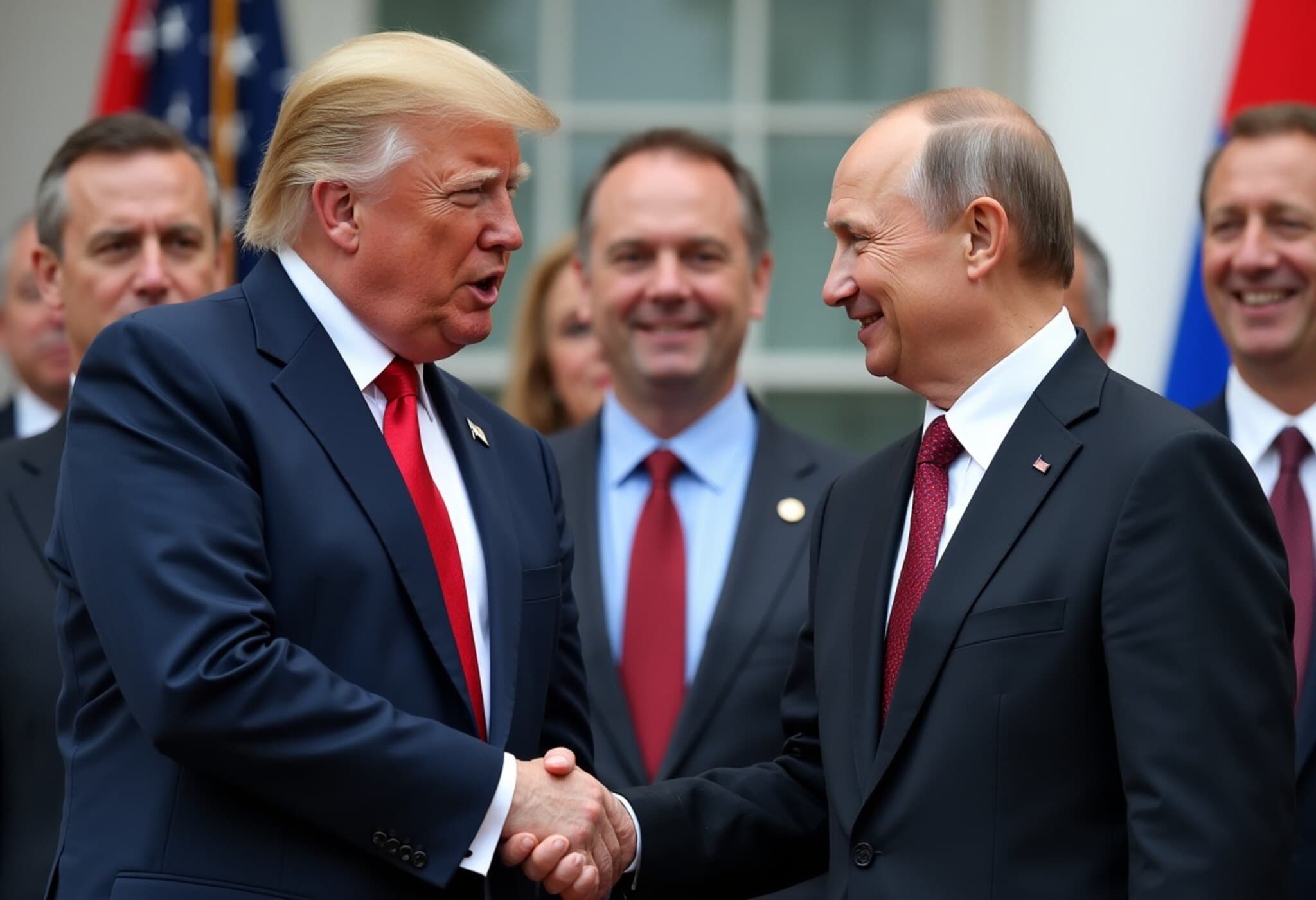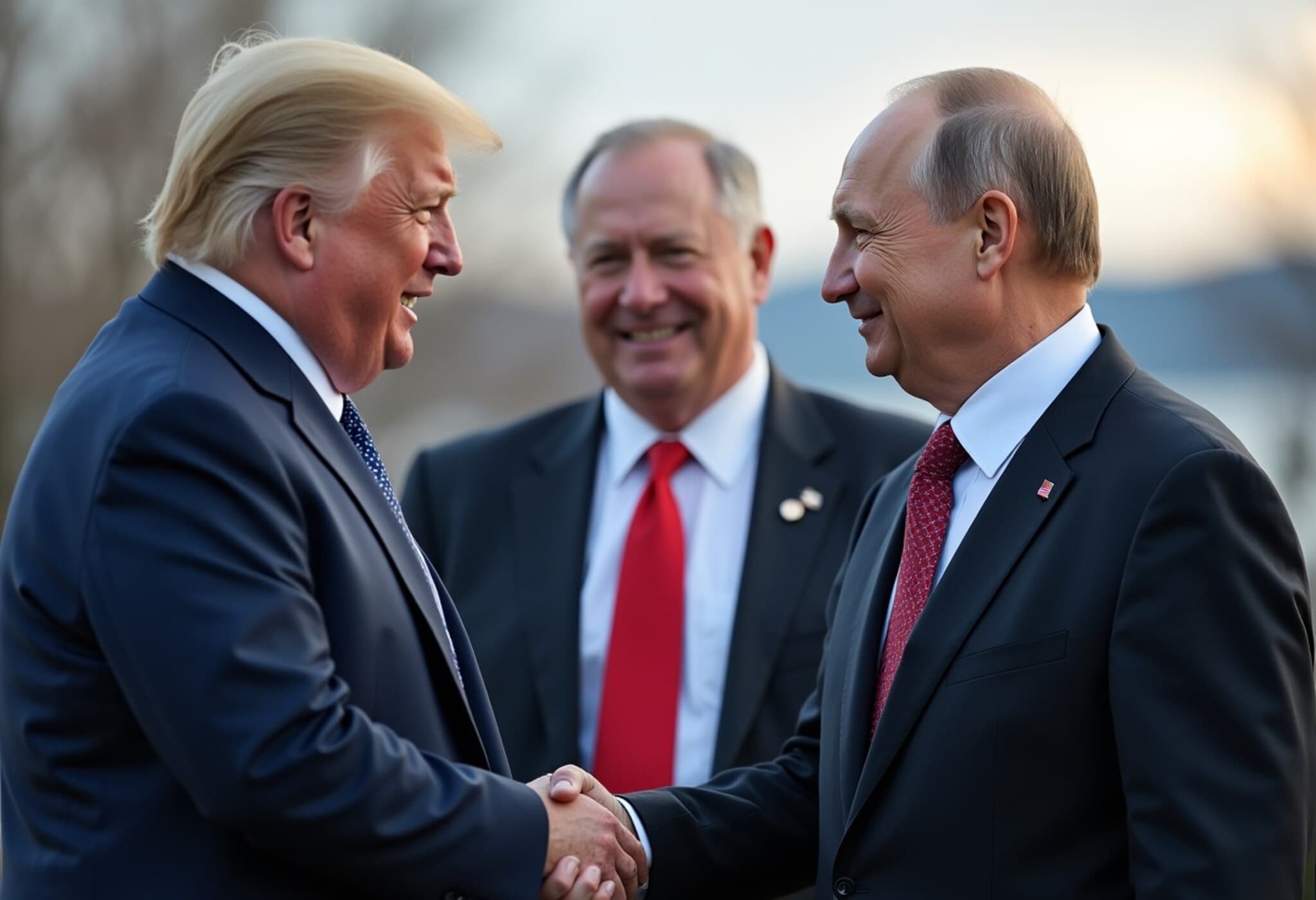Trump Holds Off on Sanctions Against China for Buying Russian Oil
In a notable development, former U.S. President Donald Trump announced on August 16, 2025, that he does not currently intend to impose sanctions or retaliatory tariffs on China for purchasing Russian oil, despite earlier threats of sanctions on countries supporting Moscow amidst the ongoing conflict in Ukraine.
Background: U.S. Sanctions and Russian Oil Imports
Trump has previously made strong statements threatening not only direct sanctions on Russia but also secondary sanctions targeting countries importing Russian crude. These measures are part of broader efforts to pressure Russia into halting its war in Ukraine.
India and China are major buyers of Russian oil, placing them in the crosshairs of potential U.S. punitive measures. Just last week, Trump imposed a 25% tariff on Indian imports, citing India's continued oil purchases from Russia as justification.
Why Is China Being Spared—For Now?
During an interview with Fox News host Sean Hannity, Trump clarified that following a recent summit with Russian President Vladimir Putin in Alaska, he does not see an immediate need for sanctions against China. He remarked, "Now, I may have to think about it in two weeks or three weeks or something, but we don’t have to think about that right now. I think, you know, the meeting went very well."
This statement suggests a tentative pause in escalating punitive measures against Beijing, recognizing the delicate geo-economic landscape.
The Broader Geopolitical and Economic Implications
China's economy has been slowing, raising concerns over the impact of intensified sanctions. Trump and Chinese leader Xi Jinping are reportedly exploring a trade deal aimed at easing tensions between the U.S. and China, including reducing import tariffs. This ongoing negotiation adds layers of complexity to any immediate sanction actions.
If sanctions were ramped up, China could become the most significant target outside Russia itself, further straining the already fragile relations between the world's two largest economies.
Expert Commentary
From a policy standpoint, the U.S. administration’s current approach highlights the difficult balancing act between applying pressure to isolate Russia economically and managing strategic relationships with key global players like China and India.
Secondary sanctions, while powerful, risk unintended consequences such as disrupting global energy markets or pushing countries closer to alternative economic blocs like the Belt and Road Initiative. Experts argue that a calibrated strategy that combines diplomatic engagement with targeted economic pressure may yield better outcomes in resolving the Ukraine conflict.
Key Questions Moving Forward
- Will the U.S. maintain its differentiated approach between India and China regarding Russian oil imports?
- How will China respond if sanctions eventually target it directly?
- Could evolving Sino-American trade negotiations mutually influence sanction policies?
Editor's Note
Trump’s decision not to immediately sanction China over Russian oil imports illustrates the intricate diplomatic chessboard the U.S. faces amid the Ukraine war. While sanctions remain a critical tool, their deployment must account for broader economic ties and geopolitical stability. As this situation unfolds, scrutinizing the interplay between trade negotiations and sanction strategies will be essential for anticipating future global economic alignments.

